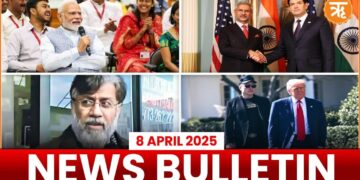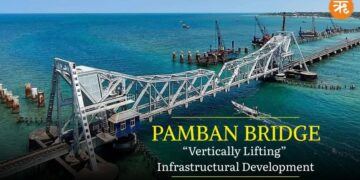Masoud Pezeshkian, a renowned heart surgeon and parliamentarian advocating closer ties with the West, has clinched victory in Iran’s presidential run-off election. Pezeshkian secured 16.3 million votes, defeating his opponent Saeed Jalili, who garnered 13.5 million votes out of a total of 30.5 million cast. Following the announcement of his win early on Saturday, jubilant supporters flooded the streets of Tehran and other towns, celebrating with dance and car horns blaring.
The election witnessed approximately fifty percent voter turnout, reflecting a fiercely contested battle between Pezeshkian, the sole moderate among the initial contenders, and Jalili, a former nuclear negotiator known for advocating stronger relations with China and Russia. The run-off followed widespread political concern after the tragic death of former President Ebrahim Raisi in a helicopter crash on June 28, which led to historically low turnout in the preliminary round.
Pertinently, Pezeshkian’s emphasis on communication and diplomacy with Western countries in his campaign signals a potential shift towards a more open foreign policy stance for Iran. As he prepares to assume office, the new president faces challenges such as managing Iran’s complex relationships with neighboring powers, addressing domestic unrest, and handling economic pressures.
This election reflects a turning point in Iran’s political landscape, with implications for both domestic policies, including potential reforms to Iran’s mandatory headscarf law, and international relations. Pezeshkian’s moderate stance suggests a trajectory shift in Iran’s approach to nuclear negotiations and regional dynamics, issues that were key in the current elections. However, experts caution that Ayatollah Ali Khamenei retains ultimate authority over political matters, highlighting both opportunities and challenges ahead under Pezeshkian’s leadership.
















Comments